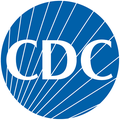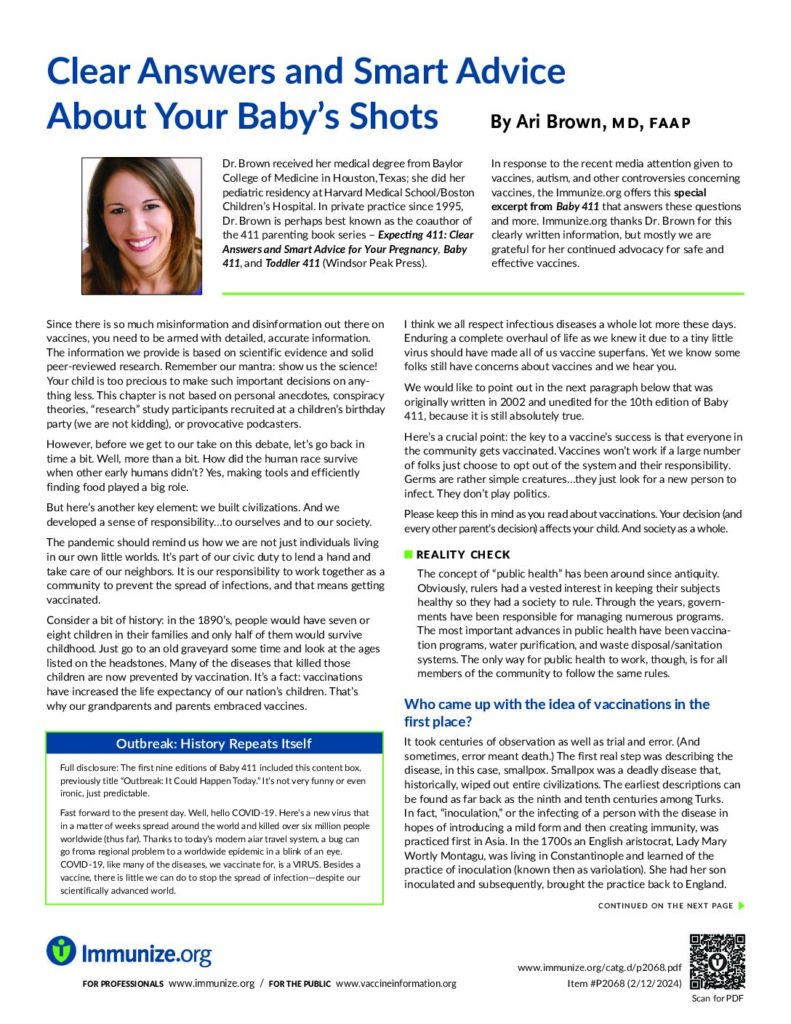Overview
- Pneumococcal disease is a leading cause of serious illness throughout the world. Pneumococcal disease is caused by bacteria, which can lead to serious infections in the lungs, blood, and brain.
- You can catch the pneumococcal bacteria from people who cough or sneeze around you.
- Even if you get good medical care, pneumonia can be deadly. The disease is hard to treat because the bacteria have become resistant to antibiotics.
- Anyone can get pneumococcal disease. You are at greater risk if you are 50 or older, very young, have heart, lung, kidney, or liver disease, your spleen does not work, or your immune system is weakened.
- Vaccination is the best way to prevent pneumococcal infection.
- There are two types of pneumococcal vaccine—pneumococcal conjugate (three kinds, PCV20 [Prevnar 20], PCV21 [Capvaxive] and PCV15 [Vaxneuvance]) and pneumococcal polysaccharide (PPSV [Pneumovax]).
- People who receive PCV20 or PCV21 do not need any other type of pneumococcal vaccine. People at high risk of pneumococcal disease who receive PCV15 may also need PPSV later.
Pneumococcal Vaccine Schedule
Children
Children should receive 4 doses of PCV15 or PCV20 before age 2. Older children (through 4 years old) who were not vaccinated as infants need 1 or 2 doses of PCV15 or PCV20. Some children 2 years and older with certain health conditions may also need a dose of PCV20 alone or PCV15 followed later by PPSV. Pneumococcal vaccines are not recommended for healthy children 5 years or older.
Adults
Pneumococcal vaccine is not recommended for healthy adults 19–49 years old who do not smoke cigarettes. Adults 50 years and older should receive a dose of PCV20 alone, or a dose of PCV21 alone, or a dose of PCV15 followed later by a dose of PPSV. If you received a previous dose of PPSV or a dose of an earlier pneumococcal conjugate vaccine (PCV13 [Prevnar 13]), check with your healthcare provider to find out if additional pneumococcal vaccination is needed. If you are younger than 50 and are a smoker or have certain long-term chronic medical conditions, you might need PCV20 alone, or PCV21 alone or a dose of PCV15 followed later by a dose of PPSV. Talk to your healthcare provider to find out if you need pneumococcal vaccination.
RESOURCES
Partner Resources

Find fact sheets, resources, multimedia, and more for parents and children from CDC.

Four doses of a pneumococcal shot (PCV15 or PCV20) are recommended for children by doctors as the best way to protect against pneumococcal disease. Learn more about meningococcal and vaccines from CDC. A Spanish-language version is also available.

Find easy-to-understand vaccine information for yourself or your loved ones.

Questions and answers about pneumococcal and vaccines from the Vaccine Education Center at the Children’s Hospital of Philadelphia.
Leo Wexler-Mann
A three-year-old underwent two days of emergency room visits and a four-day hospital stay being treated for pneumococcal pneumonia, sepsis, and pleural effusions
Read more.Jacob Newby
This article was written by Carla Newby, who lost her six-year-old son to pneumococcal meningitis.
Read more.Friend
Linda writes about her elderly friend’s illness with pneumococcal pneumonia.
Read more.
One Family’s Struggle with Pneumococcal Disease
One mother shares the heart-wrenching account of her family’s struggles with pneumococcal disease affecting both of her young children. Abigail, her almost two-year-old daughter, died of overwhelming sepsis due to pneumococcal disease. Vaccination can prevent pneumococcal disease, which causes tens of thousands of hospitalizations and many deaths each year in the United States.
People of any age can feel a bit anxious about getting a shot. Some may be so anxious that they avoid vaccination…even when they know it’s important. Learn more about simple ways to help any child or adult feel better and more confident when getting vaccinated.
